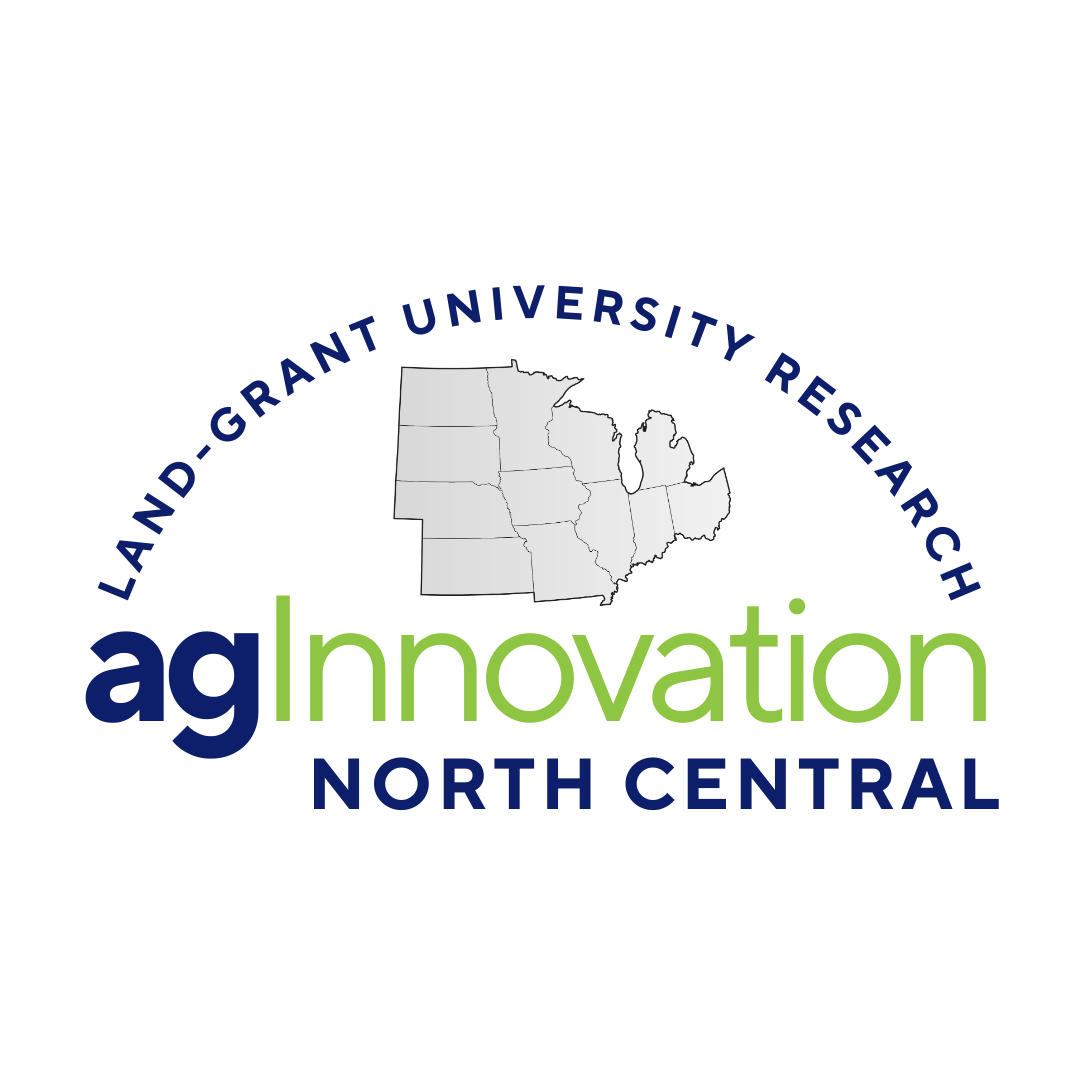
NC506: Sustainable Biorefining Systems for Corn in the North Central Region
(Rapid Response to Emerging Issue Activity)
Status: Inactive/Terminating
NC506: Sustainable Biorefining Systems for Corn in the North Central Region
Duration: 01/01/2007 to 12/31/2008
Administrative Advisor(s):
NIFA Reps:
Non-Technical Summary
Statement of Issues and Justification
With the rapid rise in petroleum prices, and the associated rise in gasoline prices, production of alternative fuels including ethanol from corn and other feedstocks has received renewed interest. In the North Central Region this is manifest by the design, construction and operation of numerous new ethanol production plants. In July 2006, the North Central Regional Association of State Agriculture Experiment Stations Directors commissioned a development committee, NCDC 209, to consider the establishment of a standing NC committee to generate a proposal/project with the objective of conducting research and analysis of the impact of this rapid transformation to ethanol production. The NCDC 209 Committee recommended a program of research, education, and extension/outreach focused on sustainable biorefining systems for corn in the North Central Region. The committee considered this an excellent starting point because the technical and logistical aspects of corn ethanol refining are the most developed, yet there are serious concerns that these systems are not a sustainable use of resources (CAST, 2006). If that is the case, then corn ethanol refining as a preliminary process and product will inevitably require transition to more sustainable feedstocks, processing, and products in the future. The biorefining process for corn in the Midwest could serve as a model for in-depth analysis of other feedstocks and regional settings.
Types of Activities
The rapid response project participants should direct their efforts to defining the issues that need research attention as the bioeconomy continues to expand. The final product of the committee will be a proposal for an NC project concentrating on the bioeconomy with a focus on bioenergy. For purposes of these discussions, sustainability includes social, economic, and environmental and industrial ecology dimensions. In addition, the biorefining process itself must be designed for sustainability. For the biology and engineering dimensions of sustainability, this rapid response project should have strong interaction with S-1007, The Science and Engineering for a Biobased Industry and Economy. Specific components of each of the dimensions in sustainability are given in the minutes of the NCDC meeting in Appendix 1.
Objectives
-
Define the components of sustainability for corn biorefining in the North Central Region.
-
Conduct an analysis of the current status and near-term trends for each of the sustainability components.
-
Develop a model for assessing the long term sustainability of corn biorefining activity in the North Central Region.
-
Develop a project proposal on the bioeconomy with specific focus on biorefining for NCRA to consider.
Expected Outputs, Outcomes and/or Impacts
There are two main outputs of this activity: (1) A model for assessing the long term sustainability of biorefining systems for corn in the North Central Region, and (2) A project proposal for NCRA to consider on critical research issues with specific focus on ensuring the economic and environmental sustainability of biorefining systems. The outcome of this activity should be a more considered development of the bioeconomy in the North Central Region and a more logical, informed approach to further development and implementation of bioenergy production systems. The ultimate impact of this activity will be a sustainable energy future for the US economy and its citizens and increased economic development opportunities in rural America.
Projected Participation
View Appendix E: ParticipationLiterature Cited
The need for this activity is self-evident and no further literature is cited other than the CAST Commentary paper: Council for Agricultural Science and Technology (CAST). 2006. Convergence of Agriculture and Energy: Implications for Research and Policy. CAST Commentary QTA 2006-3. CAST, Ames, Iowa.